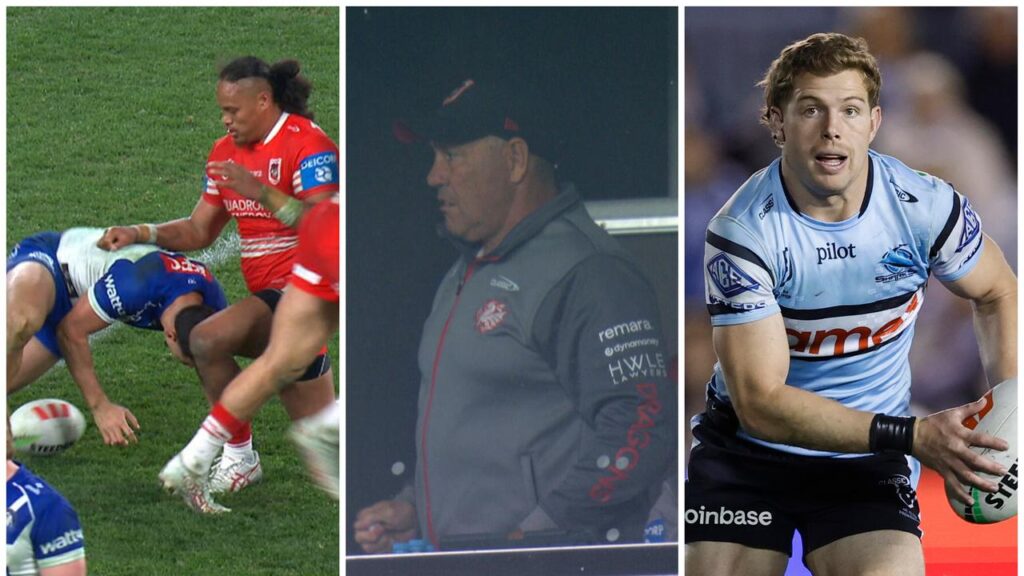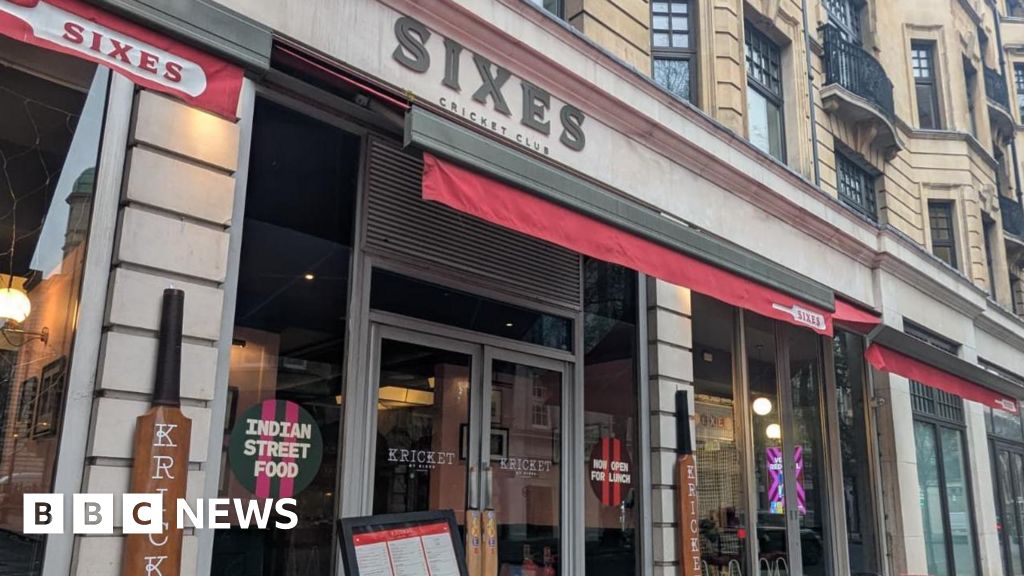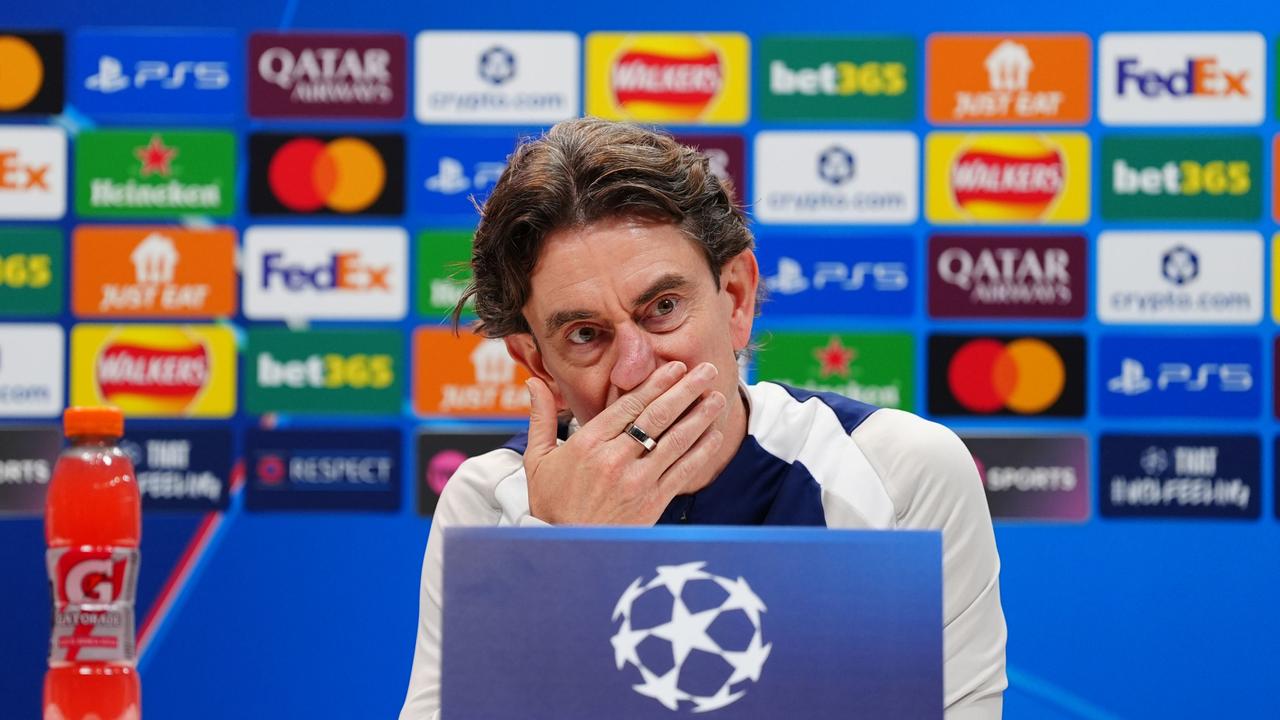
In a weekend filled with contentious decisions, Shane Flanagan’s explosive reaction to the refereeing in the Dragons’ narrow 20-18 loss to the Bulldogs has reignited discussions about potential biases against struggling NRL teams. The match, held on Saturday, saw a series of controversial calls that left fans and analysts questioning the fairness of the officiating.
Flanagan’s frustration echoes sentiments expressed by Wests Tigers CEO Shane Richardson just a month ago, when he suggested that referees might subconsciously favor stronger teams. This claim stirred considerable debate within the NRL community, and the recent match between the Dragons and Bulldogs seems to have added fuel to the fire.
Contentious Calls and Their Impact
During the game, several decisions went against the Dragons at critical moments. One of the most debated was the Bunker’s decision to overrule an on-field call, penalizing Luciano Leilua for crowding the ruck in a play-the-ball situation involving Jacob Kiraz. Flanagan described this decision as “outrageous,” a sentiment shared by many observers.
Another controversial moment occurred when a potential knock-on by Viliame Kikau was overlooked, leading to a set restart and eventually the match-winning try for the Bulldogs. Earlier in the game, the Dragons were denied a try when Tyrell Sloan was penalized for pushing a Bulldogs player, a decision that could have gone either way.
“For some reason referees — and they’re humans — they feel that the better teams are going to make better mistakes, less mistakes, when really that’s not the case. But it is what it is.” — Shane Richardson
Historical Context and Expert Opinions
The notion that referees might unconsciously favor stronger teams is not new. Historically, teams at the bottom of the ladder have often felt disadvantaged by officiating decisions. This perception is compounded by the fact that such teams are already under pressure to perform, and questionable calls can significantly impact their chances of success.
According to sports psychologist Dr. Emily Carter, “Referees, like all humans, can be influenced by biases, even if they are unaware of them. The pressure of making split-second decisions in high-stakes games can exacerbate these biases.”
Meanwhile, former NRL referee Bill Harrigan has defended the officials, stating that while mistakes are inevitable, there is no deliberate bias. “Referees are trained to be impartial, and while errors do occur, they are not intentional,” he explained.
The Broader Implications for the NRL
The controversy surrounding the Dragons-Bulldogs match highlights a broader issue within the NRL: the need for greater transparency and consistency in officiating. As the league continues to grow in popularity, ensuring fair play is crucial for maintaining the integrity of the sport.
Looking ahead, the NRL may need to consider additional training for referees and possibly implementing new technologies to assist in decision-making. These measures could help mitigate the impact of human error and reduce the perception of bias.
For the Dragons, the loss has significant implications. They are now six points adrift of the top eight, making their path to the finals increasingly challenging. The Bulldogs, on the other hand, have snapped a two-game losing streak but face a tough schedule ahead, with matches against top-tier teams like the Sea Eagles, Warriors, and Panthers.
Future Prospects and Player Highlights
In the midst of these controversies, individual players continue to shine. Cronulla’s Blayke Brailey is making a strong case for inclusion in the Kangaroo squad for the end-of-season tour to England. His performance in the Sharks’ 31-18 victory over the Roosters was outstanding, showcasing his skills as one of the top dummy halves in the game.
Similarly, Canberra’s Ethan Strange is drawing comparisons to NRL legend Laurie Daley. His impressive form could earn him a spot on the Roo Tour, provided he maintains his performance in the upcoming games.
As the NRL season progresses, the focus will inevitably shift back to the players and their on-field exploits. However, the issues raised by Flanagan’s outburst and the ongoing debate about refereeing biases will likely remain a topic of discussion among fans and analysts alike.






